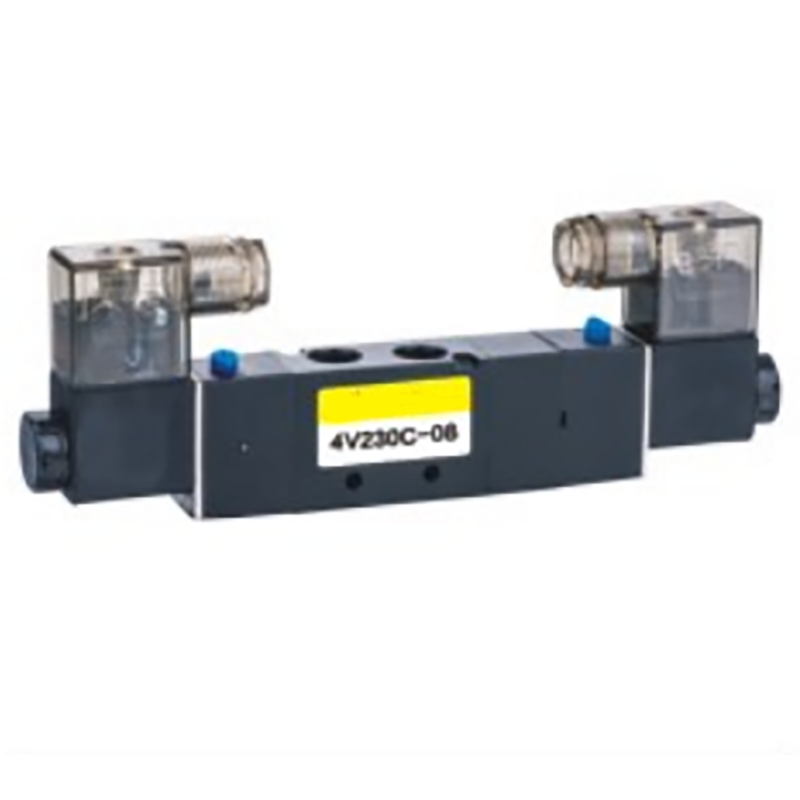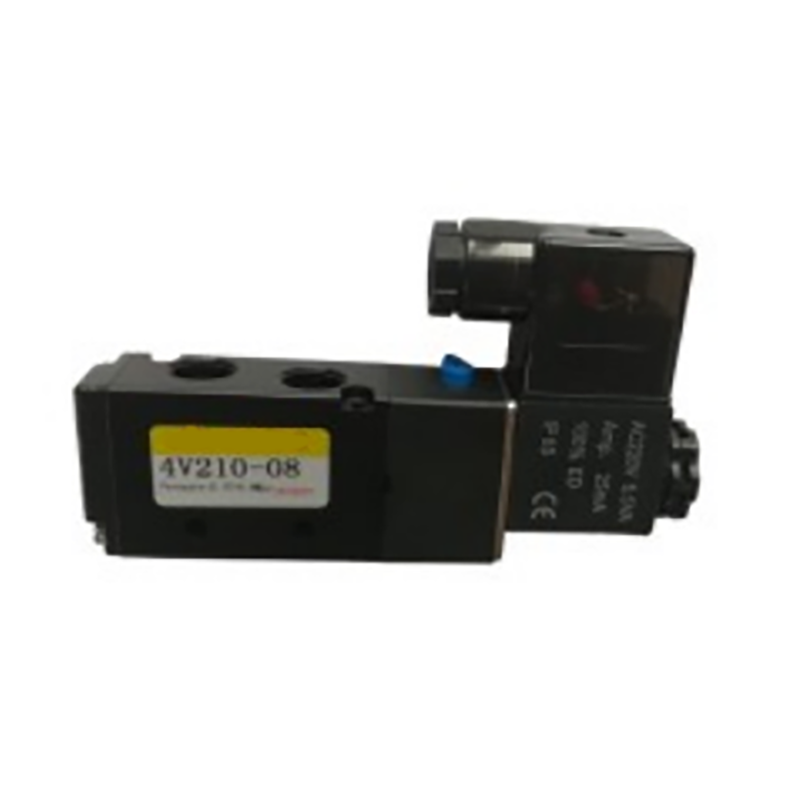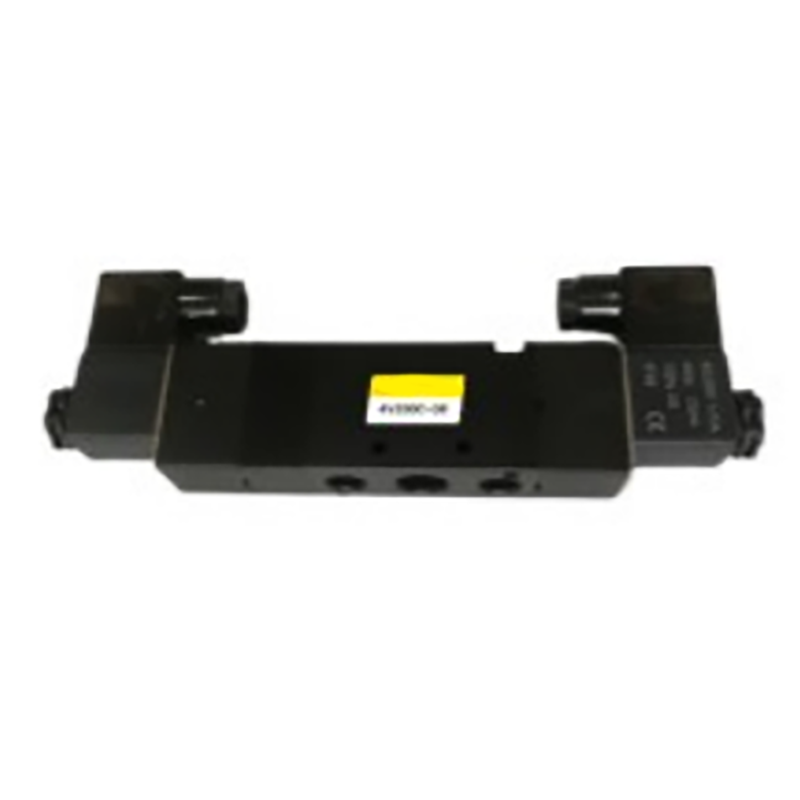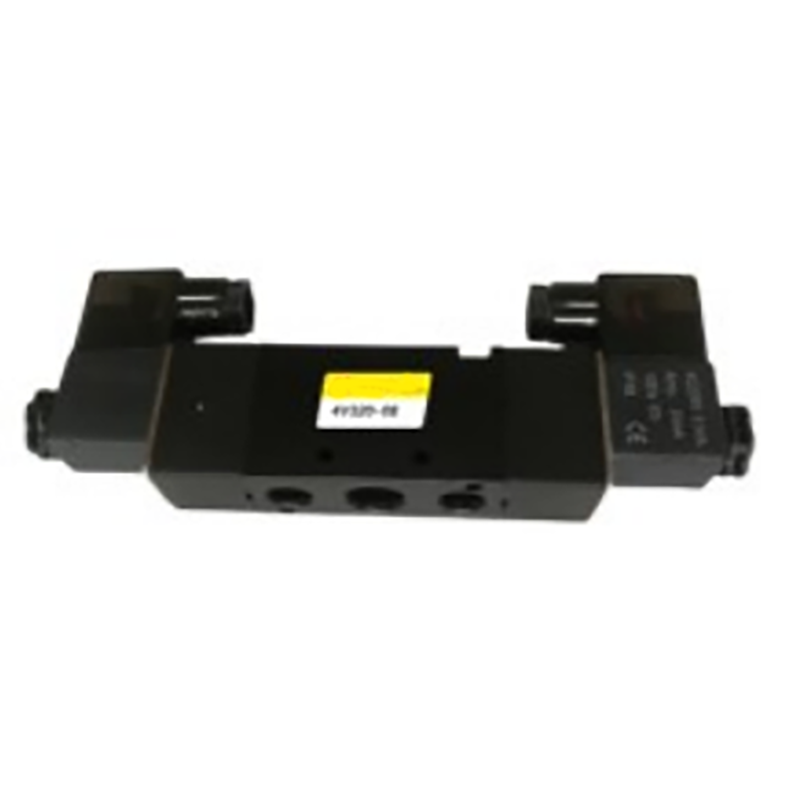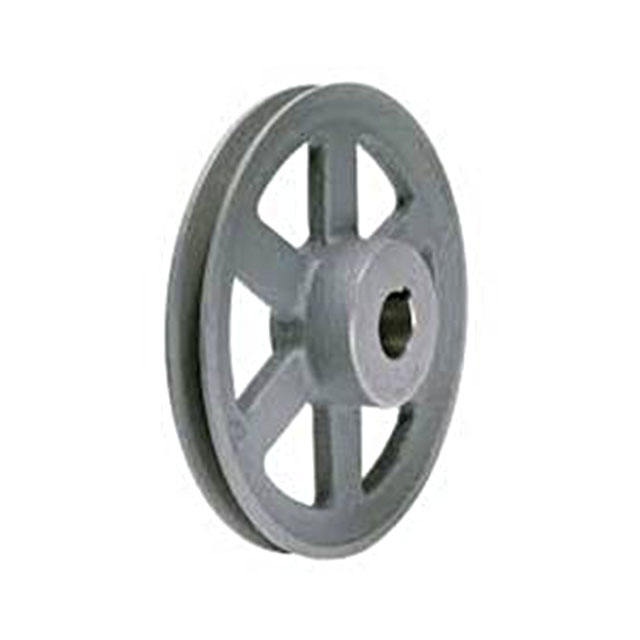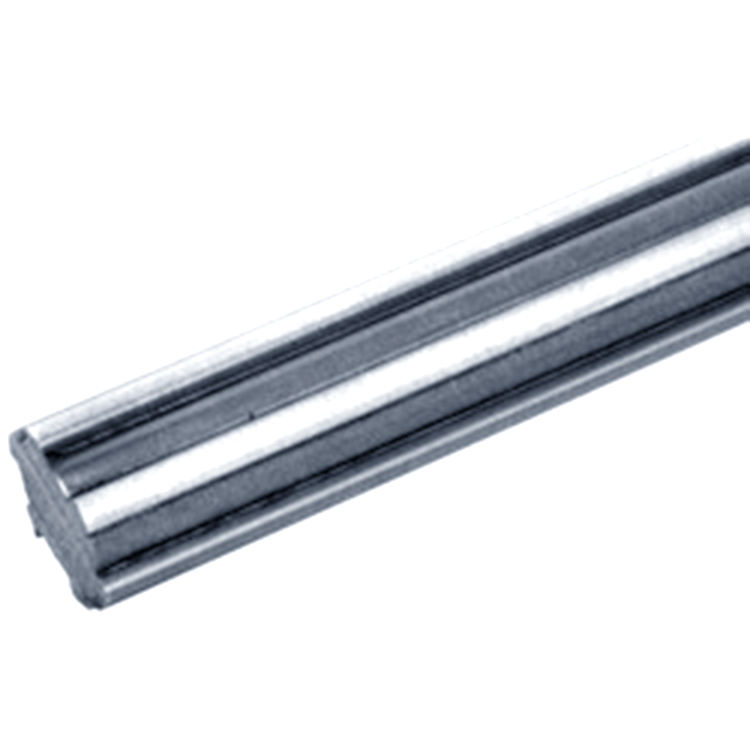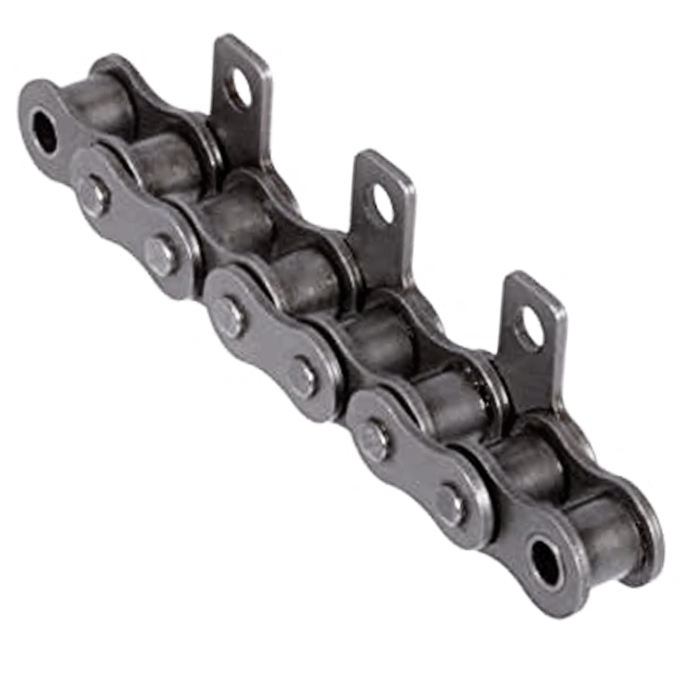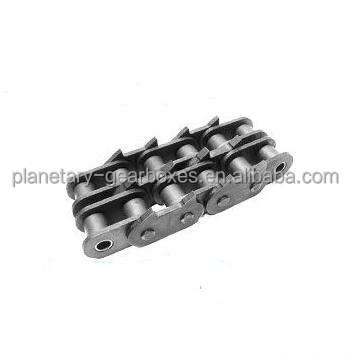Solid Shaft Collars: High-Quality Components for Precision Applications
Solid shaft collars are essential mechanical components used to secure parts onto shafts, providing reliable positioning and retention in various industrial and commercial applications. These collars are crafted from robust materials such as steel, stainless steel, and aluminum, ensuring durability and resistance to wear and corrosion. With their simple yet effective design, solid shaft collars offer a cost-effective solution for machine assembly, motion control systems, and power transmission setups. Their versatility makes them ideal for use in automotive, aerospace, manufacturing, and robotics industries, where precision and stability are paramount.
Key Product Parameters
Our solid shaft collars come in a range of sizes and specifications to meet diverse needs. Below is a detailed list of parameters:
- Material Types: Carbon steel, stainless steel (e.g., 304 and 316 grades), aluminum, and thermoplastic options for lightweight applications.
- Bore Sizes: Available from 1/4 inch (6 mm) to 4 inches (100 mm), with custom sizes upon request.
- Clamping Mechanisms: Set screw style (single or double set screws) and clamping style (two-piece design for even pressure distribution).
- Finish Options: Zinc plating, black oxide, passivation for stainless steel, and anodizing for aluminum to enhance corrosion resistance.
- Temperature Range: Standard collars operate from -40°F to 250°F (-40°C to 121°C), with high-temperature variants available up to 500°F (260°C).
- Load Capacity: Designed to handle axial loads up to 500 lbs (227 kg) and torsional loads based on material and size.
- Standards Compliance: Meets ANSI, ISO, and DIN standards for interoperability and quality assurance.
Detailed Specifications Table
For a quick comparison, refer to the table below outlining common solid shaft collar models:
| Model Number |
Bore Size (inches) |
Material |
Clamping Type |
Max Load (lbs) |
Finish |
| SC-1025 |
1/4 |
Carbon Steel |
Set Screw |
150 |
Zinc Plated |
| SC-2050 |
1/2 |
Stainless Steel 304 |
Clamping |
300 |
Passivated |
| SC-3075 |
3/4 |
Aluminum |
Set Screw |
100 |
Anodized |
| SC-4100 |
1 |
Stainless Steel 316 |
Clamping |
400 |
Passivated |
| SC-5150 |
1.5 |
Carbon Steel |
Set Screw |
250 |
Black Oxide |
FAQ: Common Questions About Solid Shaft Collars
What is a solid shaft collar used for?
A solid shaft collar is primarily used to secure components onto a shaft, preventing axial movement and providing a precise stop or reference point in machinery. It is commonly applied in motors, conveyors, and linear actuators to maintain alignment and ensure operational safety.
How do I choose the right size solid shaft collar?
Select a collar based on the shaft diameter, ensuring a snug fit without over-tightening. Measure the shaft accurately and refer to size charts; for clamping types, consider the collar's inner diameter matching the shaft, and for set screw types, ensure the screw engages properly without damaging the shaft.
Can solid shaft collars be reused?
Yes, most solid shaft collars are reusable if they are undamaged and the shaft surface is intact. However, repeated tightening of set screws may wear the threads or shaft, so inspect for signs of wear and replace if necessary to maintain performance.
What materials are best for corrosive environments?
For corrosive environments, stainless steel (especially 316 grade) or aluminum with appropriate finishes like passivation or anodizing is recommended. These materials resist rust and degradation from moisture, chemicals, and salt exposure.
How do I install a solid shaft collar properly?
To install, slide the collar onto the shaft to the desired position. For set screw collars, tighten the screws evenly with a torque wrench to the manufacturer's specification (typically 5-10 in-lbs). For clamping collars, align the halves and tighten the bolts gradually in a crisscross pattern to distribute pressure evenly and avoid shaft distortion.
What is the difference between solid shaft collars and other types?
Solid shaft collars are one-piece units that provide a rigid hold, whereas split shaft collars have a two-piece design for easier adjustment. Solid collars are generally more economical and suitable for permanent setups, while split collars offer flexibility for frequent changes.
Are there temperature limitations for solid shaft collars?
Yes, standard materials have temperature limits: carbon steel up to 250°F, stainless steel up to 500°F, and aluminum up to 400°F. For higher temperatures, specialty materials or coatings may be required to prevent loss of clamping force or material failure.
Can I customize solid shaft collars for specific applications?
Absolutely, we offer customization options including non-standard bore sizes, special materials, and unique finishes. Provide your requirements such as shaft dimensions, environmental conditions, and load needs for tailored solutions.


